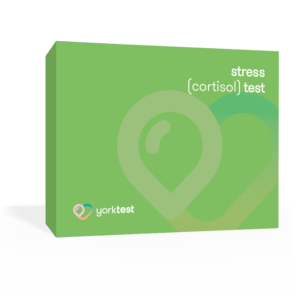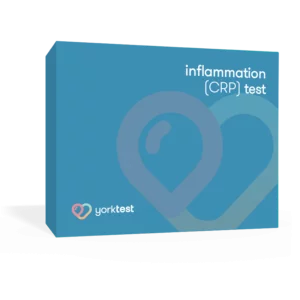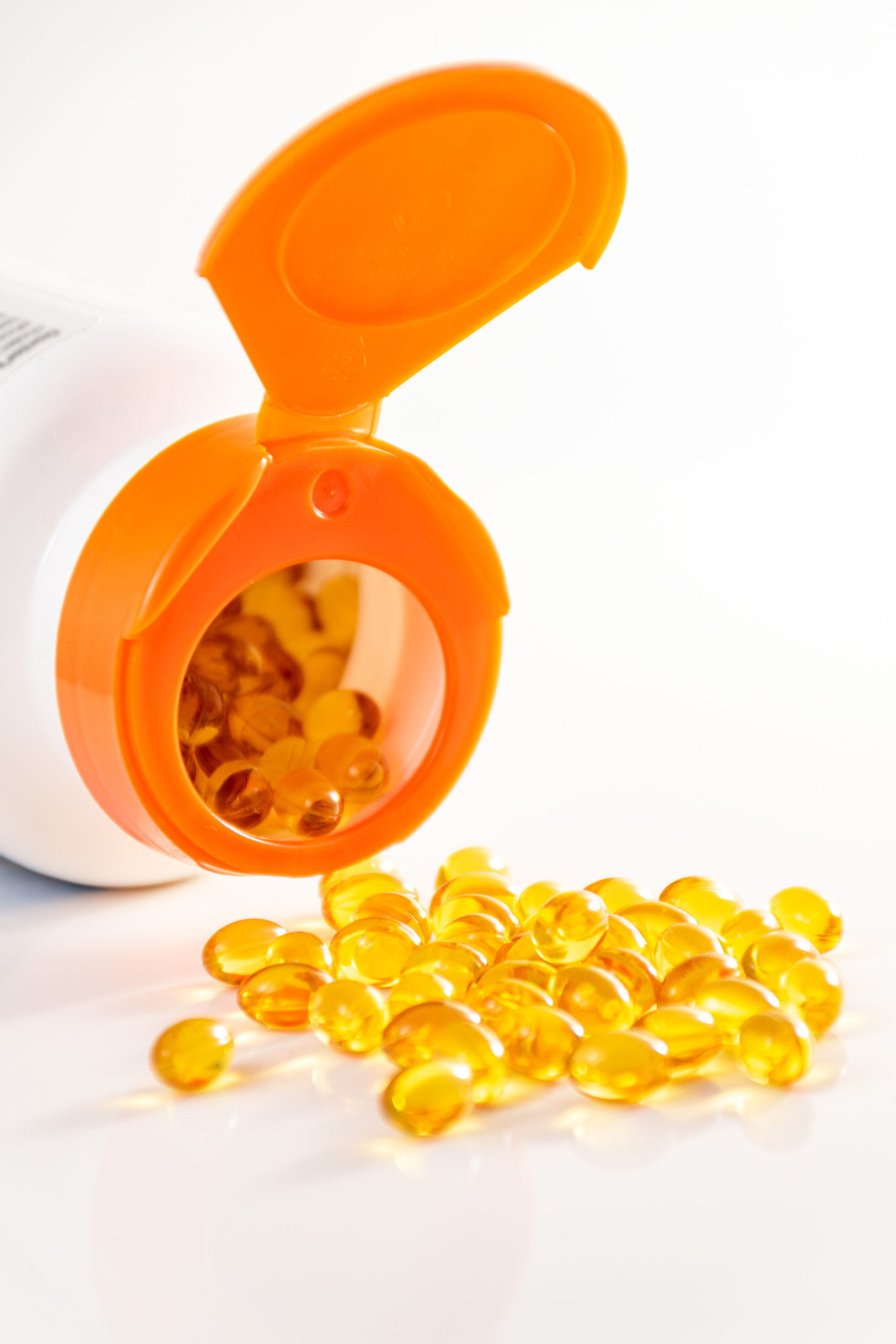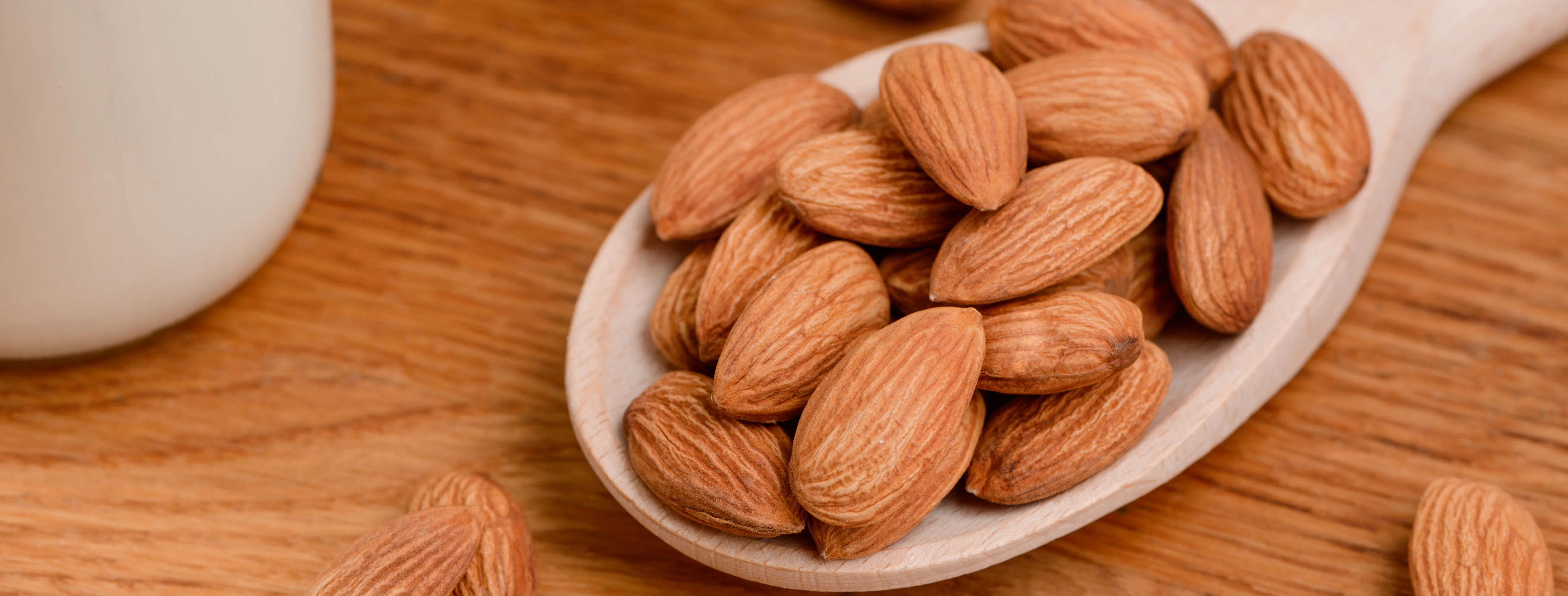Many of us enjoy alcohol, whether that be a few celebratory beverages after a notable success, or a couple of drinks to mark the start of the weekend. Alcohol consumption in moderation is deemed to be fine. However, overconsumption of alcohol can be extremely detrimental.
The recommended alcohol intake in the UK is no more than 14 units of alcohol a week, spread across 3 days or more. That’s around 6 medium glasses of wine or 6 pints of 4% beer. So, while it can be difficult to gauge how much alcohol is too much, this is a helpful figure (although we’ll return to this at the end of the blog!).
Signs of excessive alcohol consumption can be difficult to spot. Symptoms of drinking too much alcohol can creep into an individual’s life gradually. Symptoms of other issues, such as different mental health illnesses, can also mask them. Being, or knowing, someone who exhibits signs of drinking too much alcohol can be disconcerting, to say the least. Sufferers can feel helpless and frightened. From signs of alcohol poisoning to alcohol intolerances, to the dreaded hangover headache or hangover anxiety, there are many ways to tell that your drinking is a little out of hand.
Let’s look at some of the signs that you might be drinking too much and you might need to reduce or adapt your intake.
Relationship Changes & Breakdowns
There are numerous ways for alcohol overconsumption to affect personal relationships. As an individual drinks more and more alcohol, their behaviour can become more erratic, leading to stress for the other party. Then there’s the financial aspect. Close relationships can often lead to both parties’ finances being intertwined. If one person starts to go on spontaneous spending sprees, which can often happen with those who drink a lot of alcohol, this can put a financial strain on a relationship, and might lead to heated confrontations.
Additionally, individuals who drink too much can often neglect their household or general relationship responsibilities, preferring to focus their efforts on satisfying their desire for alcohol.
The use of alcohol can put a significant strain on relationships emotionally, financially, and physically. If you have spotted any of these patterns of behaviour in either your own life or someone else’s, then it may be a sign that they need to reduce their reliance on alcoholic beverages.
Mood Swings
Drinking too much alcohol can lead to mood swings that can impact both the individual and their relationships. Alcohol affects brain chemistry, which can lead to unpredictable and shifts in mood, ranging from euphoric bursts of energy to aggressive and depressive episodes.
Physical Symptoms
There are a multitude of physical symptoms that can indicate you’re drinking too much. While it’s hard to produce a definitive list, some of the symptoms may include:
Fatigue and Low Energy
After a night of heavy drinking, it’s common to feel sluggish. Alcohol can lead to brain fog and trouble concentrating, making you feel tired, with low energy and a general ‘off’ feeling.
Heartburn
Heartburn, also known as acid reflux, occurs when stomach acid travels back up the oesophagus toward the throat, causing a burning sensation in the chest. Alcohol can exacerbate this condition by increasing stomach acid production. Even in small amounts, this can irritate the stomach lining. This irritation often leads to symptoms such as bloating, burping, hiccupping, and upper stomach pain.
Weight Gain
Many alcoholic beverages contain quite a lot of calories, and alcohol in general can prevent your body from burning carbs and fats efficiently. Unsurprisingly, this can lead to weight gain, adding extra pounds to the scales. Additionally, alcohol can stimulate your appetite, meaning you’ll end up eating more than if you didn’t drink so frequently.
Skin Issues
Keeping your skin in check can be extremely difficult at the best of times. Many of us dedicate a lot of time to ensuring our skin looks youthful and smooth. However, alcohol consumption could be hindering your skin preservation efforts.
Alcohol can leave your skin dehydrated and inflamed with a dull and patchy appearance, not to mention reduced elasticity. Puffy and swollen eyes, intensified wrinkles, and dark circles are also side effects of alcohol overconsumption. Alcohol can cause skin conditions such as rosacea and psoriasis to flare up. To put it simply, alcohol can really affect the complexion of your skin.
Tingling and Numbness
Drinking too much alcohol, especially over a longer period of time, could lead to “alcohol related neuropathyâ€. The condition causes damage to the nerves, often resulting in tingling or numb feelings in your feet, legs, and hands.
Headaches and Sickness
A pounding headache is usually a telltale sign that you may have overindulged the night before. But if your hangover headache becomes a regular occurrence, then it is probably a sign that you need to reduce your alcohol intake. Sickness is another commonly-acknowledged side effect of consuming too much alcohol. It can be caused by the dizzy feeling that’s brought on by drinking too much, or as a direct reaction to overconsumption.
Personal Life Problems
Physically, overconsumption can lead to severe health issues like liver disease, cardiovascular problems, and a weakened immune system, bringing all of the troubles that are associated with these problems with it. Mentally, drinking too much alcohol can leave you feeling drained as well as increasing the likelihood of developing mental health issues like depression and anxiety. After all, alcohol is a depressant.
In a professional aspect, drinking alcohol above the recommended amounts could impair job performance by affecting concentration, decision-making, and productivity. Frequent hangovers might lead to absenteeism, further putting a strain on your professional career.
Alcohol Intolerances
However, we now want to return to our point at the beginning of this blog, where we said that it can be difficult to judge for everyone how much alcohol is too much.
Some people can experience a variety of detrimental symptoms even if they don’t drink a lot. For those people, that figure of 14 units per week could be way more than is advisable. Something like an alcohol intolerance or allergy or reactions to common ingredients in alcoholic drinks could be at play.
In the case of an alcohol intolerance, some people’s bodies cannot break down some of the components within alcohol (most commonly the alcohol or ethanol itself). This inability could be linked to having another condition like Hodgkin’s lymphoma or liver damage, or by having an enzyme deficiency or intolerance to histamine. Alcohol intolerance can even be genetic. Whatever the cause, the symptoms of an alcohol intolerance include:
- A runny nose.
- Flushed/red/swollen cheeks.
- Nausea.
- Increased heartbeat.
- Low blood pressure.
- Headaches/light-headeness.
- Difficulty breathing.
- Hives.
- Diarrhoea.
- Headaches / Migraines
- Low energy
- Low mood
As you’ll have probably noticed, some of these symptoms are actually very similar to what a person without an intolerance might experience if they’ve overindulged!
Something that isn’t always obvious is that a seeming intolerance to alcohol may not be caused by the alcohol itself, but rather from an intolerance to the corn, wheat or rye that’s used to make it. Or other ingredients that are present in the alcoholic drink such as grapes, fruits, egg or dairy proteins. It’s therefore fair to say that we all need to keep an eye on our reactions to drinking alcohol – whether or not we feel as though we’re “overdoing it†– and make sure that we take the time to understand what is going on and what is best for our health.
At YorkTest, we are keen for you to be aware of the effects that alcohol can have on you and the people you care about. As such, we’re always looking to shine a light on the ways in which alcohol can be doing us more harm than good. Do you think that you or someone that you know could have an alcohol intolerance to the ingredients in alcoholic drinks? Why not invest in one of our premium food intolerance tests to find out more??












